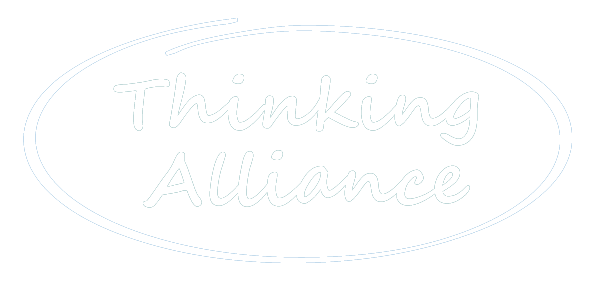24 Jun An A-Z of change: C is for Coaching!
Ok, so it’s no surprise that, as a trained coach, I believe coaching is key to securing effective and long-lasting change.
But what is it about coaching that helps? Here are five reasons that I would suggest.
First, it builds clarity. Coaching allows you to become really clear about the change you want to make. A good coach will help you to develop a compelling vision for where you want to go and, importantly, why you want to go there. A coach can also help you identify milestones that take you towards larger goals, so that progress is achievable and keeps building momentum. Coaching also helps you get clear about how motivated you really are – how much effort are you truly prepared to commit to making this change, now?
Second, coaching – as distinct from mentoring, training or many other interventions – unlocks and enhances what is already within you. John Whitmore expresses it succinctly in his classic book, Coaching for Performance:
“Coaching is unlocking a person’s potential to maximize their own performance. It is helping them to learn rather than teaching them.”
When I was a child, my mother would see me veering off course despite wise advice and exclaim “you always have to learn the hard way!”. She may have been exasperated, but she was also right: learning from my own mistakes and plotting my own course allowed me to progress further, faster and more confidently than when I simply followed others.
Third, coaching builds your awareness of what is helping and hindering your change. Discussion with a coach can help you understand what your strengths are and how best you can apply them in your situation. Equally, a coach should give you honest feedback about what you may be doing (or not doing) that appears to hinder your progress. The coaching relationship should serve to build your self-awareness so that over time you can not only realise when you’ve moved off track, but also figure out how to get yourself back on it.
Fourthly, coaching brings accountability. Evidence shows that simply telling other people about a change you’re planning to make can build your commitment to it. Even better if you know that you will be asked by your coach about the progress you’ve been making.
Finally, coaching keeps the focus upon you. An independent coach always works for the client’s best interests. Your coach will help you keep on track with your change and is not there to judge you, to performance manage you or to bring their own agenda. Knowing that you have a trusted ally who will be honest and supportive in their challenge can make all the difference.
(By the way, whilst I believe that leaders at all levels can use coaching skills with their staff to great effect, the true independence which underpins transformation is virtually impossible to achieve with an internal coaching relationship. Perhaps this is why the CIPD’s 2014 Learning & Development Survey reports that although three-quarters of organisations offer coaching or mentoring, there is something of a decline in the perceived effectiveness of internal coaching by line managers.)
So, if you’re keen to make a change for good, and think coaching could help you, don’t hesitate to get in touch.

